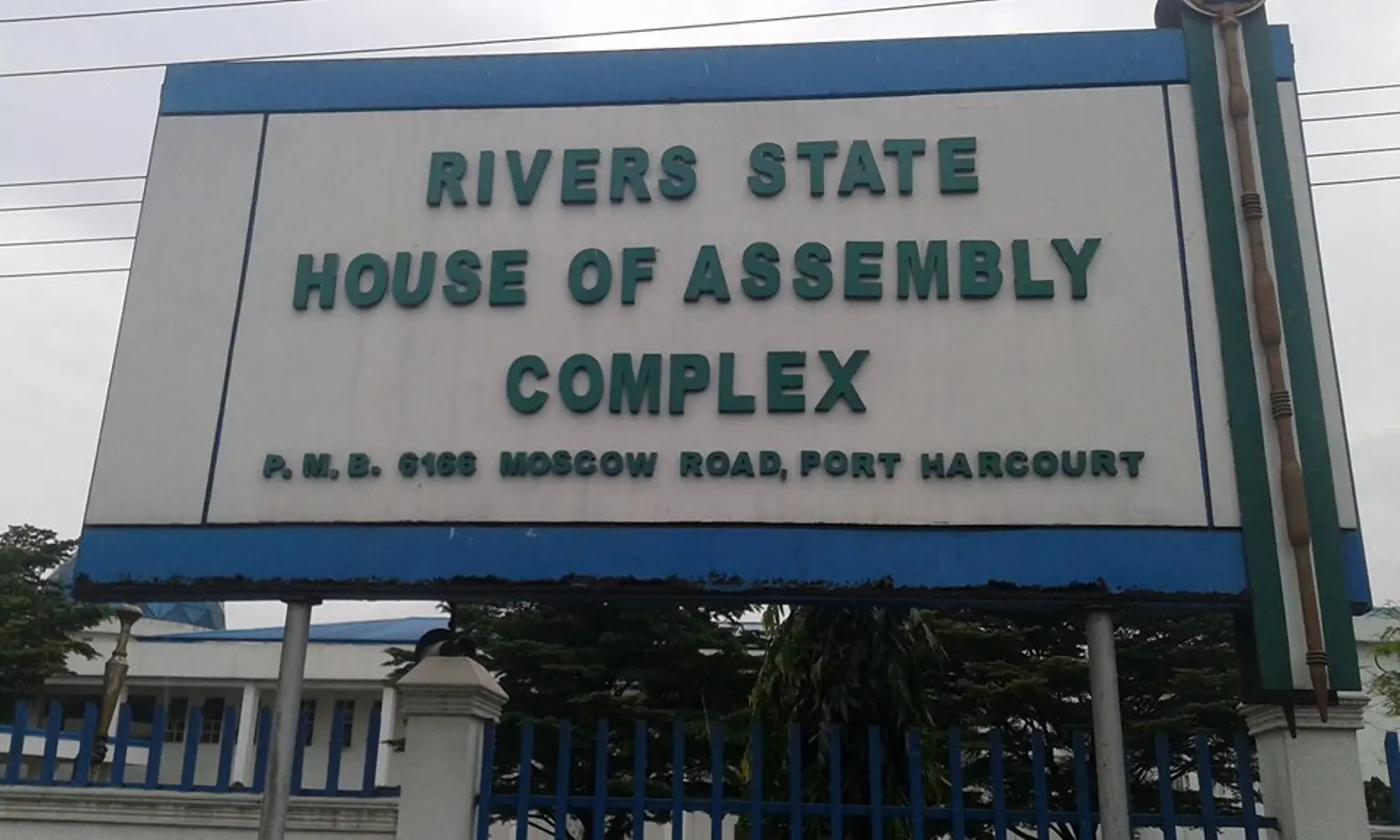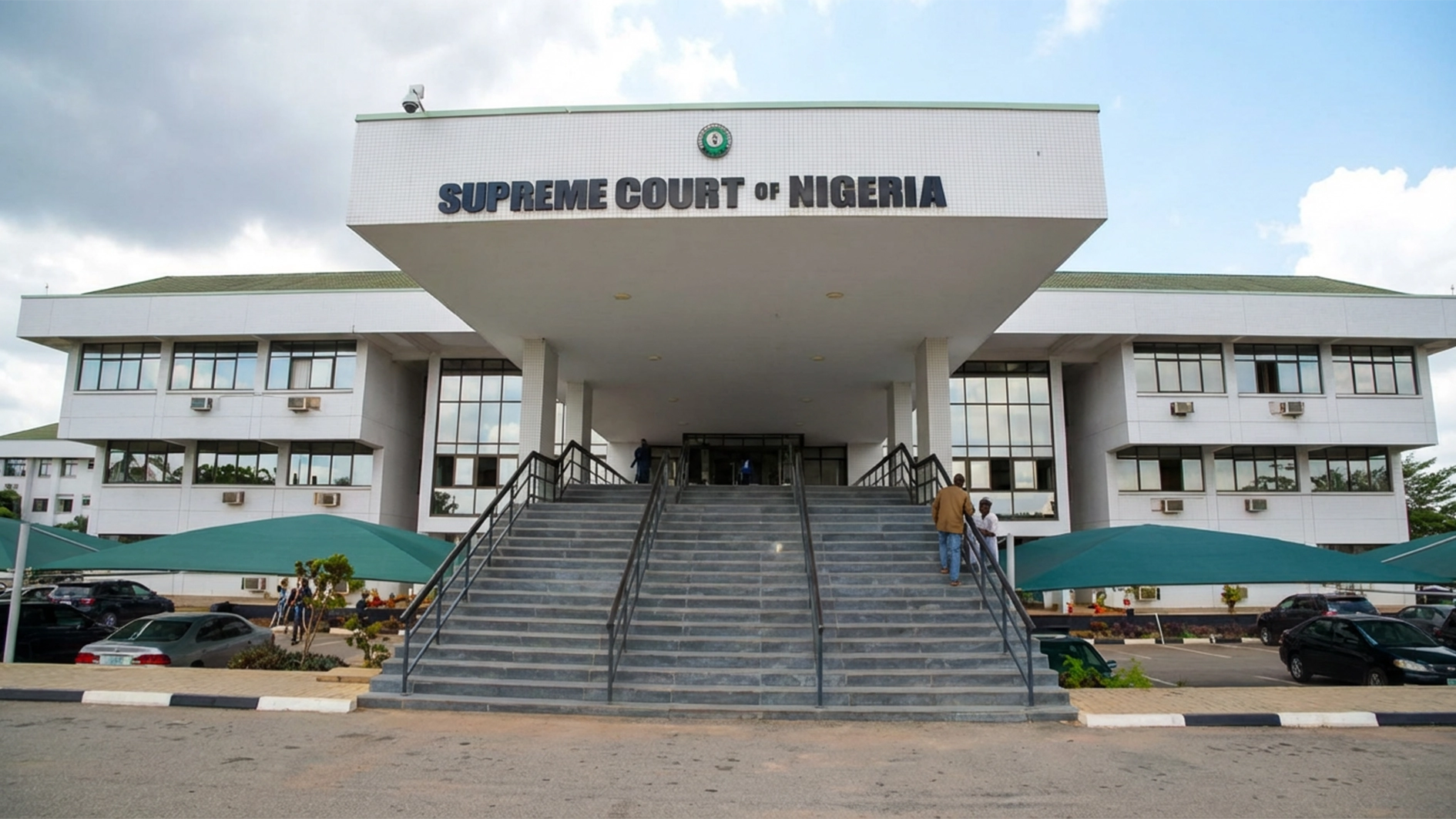- Insists on African-led security solutions, rejects private military firms
- Reaffirms Nigeria’s commitment to peace, stability, and democratic governance across the continent
Nigeria has renewed its push for comprehensive reform of the United Nations Security Council (UNSC), insisting that Africa must secure permanent seats with full veto powers in the global governance system.
President Bola Tinubu, represented by Vice President Kashim Shettima, made the demand on Monday at the first plenary session on Peace, Security, Governance and Multilateralism during the 7th African Union–European Union Summit in Luanda, Angola.
He tasked the European Union (EU) with co-creating peace and security initiatives anchored on African-led frameworks, saying sustainable stability on the continent requires genuine partnership rooted in regional ownership.
The President noted that Africa continues to grapple with an array of complex threats, from armed conflict and illicit arms flows to climate pressures, irregular migration, and political instability, all of which now demand stronger cooperation with global partners.
“It is time for Africa to occupy permanent seats on the UN Security Council, with all attendant privileges, including the veto. Genuine text-based negotiations under the Intergovernmental Negotiations (IGN) framework must now commence. We hope EU Member States will support Africa’s long-standing and legitimate call for UN reform,” he said.
Reflecting on Nigeria’s security experience, Tinubu recalled that regional instability often fuels terrorism, insurgency, banditry, and transnational organised crime.
He said Nigeria’s combination of kinetic and non-kinetic responses, including the Multinational Joint Task Force (MNJTF) in the Lake Chad Basin, remains a strong model of African-led cooperative security.
“As of early 2025, over 120,000 Boko Haram-affiliated individuals, including family members, have surrendered,” he disclosed, adding that the recent Sea-Lift Agreement between the Nigerian Navy and the AU Standby Force (ASF) further reinforces Africa’s rapid deployment capacity for peacekeeping and humanitarian missions.
Tinubu acknowledged the EU’s longstanding support to the African Peace and Security Architecture since 2002 but stressed that peace interventions on the continent must reflect African priorities.
External solutions, he warned, cannot succeed without strong regional ownership and understanding of local contexts.
The President also urged Europe to address irregular migration through frameworks that recognise its deep economic and demographic roots.
Criminalising mobility, he cautioned, has worsened insecurity. Instead, he proposed structured labour pathways, such as Nigeria’s Technical Aid Corps and Business Process Outsourcing (BPO) opportunities, which can help channel Africa’s youthful talent into Europe’s labour market.
“Seasonal mobility has underpinned West African civilisation for centuries. The ECOWAS Protocol on Free Movement simply acknowledges this reality. Our task is to convert mobility into safe, orderly, and productive pathways,” he said.
On the resurgence of Unconstitutional Changes of Government (UCGs) in Africa, Tinubu warned that such disruptions undermine the very foundation of the African Union.
He linked these events to external pressures that distort political systems and deepen fragility.
He said Nigeria and its neighbours have responded with the Regional Partnership for Democracy (RPD), aimed at strengthening constitutional order, countering extremist narratives, combating disinformation, and supporting reforms across West Africa.
Citing the more than 40,000 deaths and 12 million displaced by the conflict in Sudan, Tinubu welcomed renewed diplomatic pressure but said external actors fuelling the conflict must be held accountable.
He also urged continuous engagement in South Sudan to ensure full implementation of the Revitalised Peace Agreement ahead of the 2026 elections.
Reaffirming Nigeria’s opposition to the use of private military and security companies (PMCs) in African conflicts, the President noted that their presence often complicates peace efforts and undermines national sovereignty.
“As global commitment to multilateralism diminishes, the EU remains a crucial platform for continent-to-continent partnership anchored on mutual respect and shared aspirations,” he said.
Tinubu assured that Nigeria remains steadfast in advancing peace, security, and democratic governance across Africa and stands ready to work with the EU toward building a more stable, just, and prosperous world.
He expressed appreciation to the Government and people of Angola for their warm hospitality and to the EU for its continued support to the African Union, particularly in peace and security efforts.






